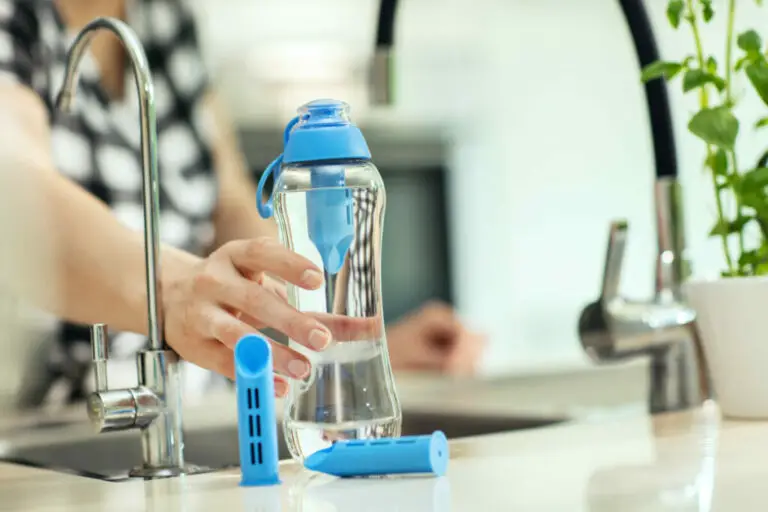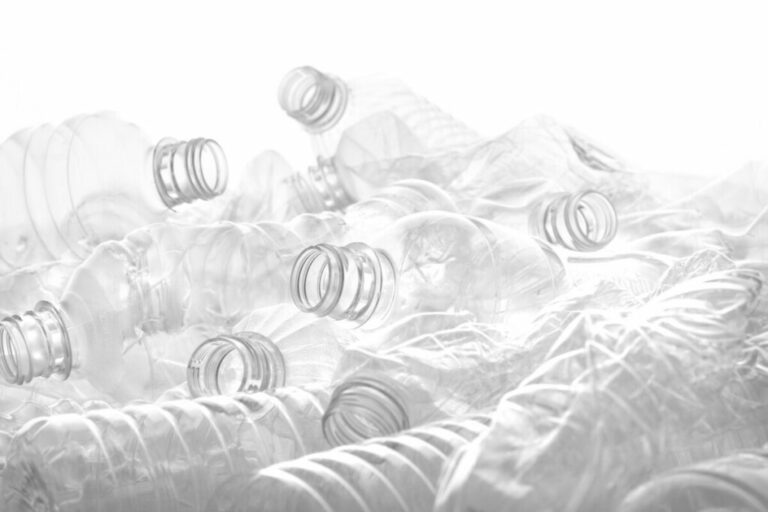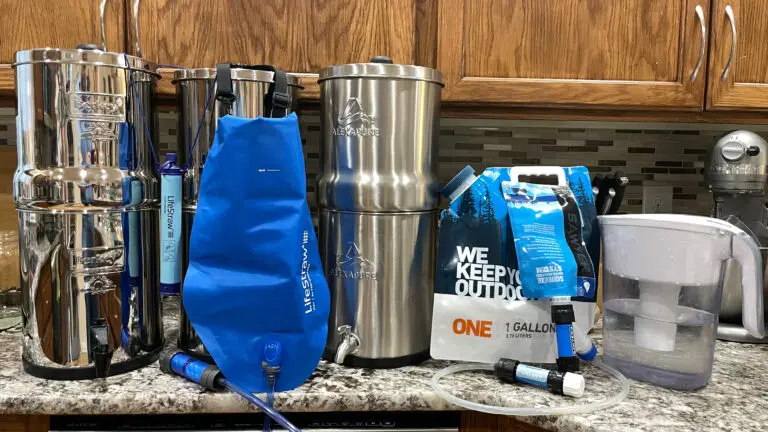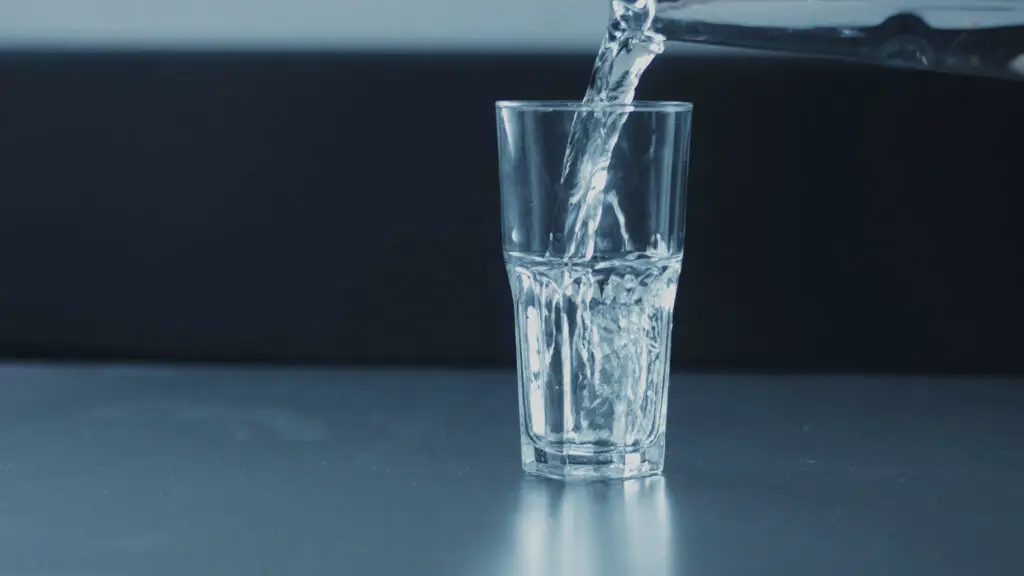
Filtering water is one of the most effective methods to remove dangerous contaminants that can cause a variety of sicknesses. However, just like everything else, filters eventually need to be replaced. So, how long can your filter last before needing to be replaced?
Water filters typically last between 3-6 months, with caron and sediment filters lasting as long as 12 months. A filter needs to be replaced when it starts to have a slowed flow rate, the smell or taste is strange, the water begins to have floating bits in it, or the filter is heavily used.
What makes some water filters better than others? What should a person do to make sure their water filter is always in good working order? Let’s go over what to know and keep in mind when selecting a water filter for your home.
How Long Do Home Water Filters Last?
The most common filters are home filters that are on your faucet. Because there are so many types of filters for faucets, there isn’t one set lifespan for all filters. Instead, they are categorized by time, and each category of filter has an average lifespan. For example, faucet filters generally have the shortest lifespan, coming in at just a few months. Reverse osmosis filters however can last for several years, depending on the frequency of use.
How Long Do Filtered Water Bottles Last?
Water bottle filters have a much shorter lifespan than other home water filters. Water bottle filters should be replaced every 2 months or after filtering 40 gallons of water. Different water bottle filters have different lifespans, but most water bottle filters only last for about 2-3 months.
Where to Buy New Water Bottle Filters
New water bottle filters can be conveniently bought from many different places. People can purchase new filters from Amazon, Sportsman’s Guide, Lifestraw, CNET Shopping, UBuy.us, the DiscountFilterStore website, Walmart, Scheel’s, eBay, and Target.
However, before you purchase a water bottle filter, make sure the one you purchase will work with the water bottle you own. Most companies that sell filtered water bottles sell replacement filters online and in various stores.
How to Know if a Filtered Water Bottle isn’t Working Anymore
While knowing the general lifespan of a water bottle filter should help prevent you from having times when your filter doesn’t work, it is still important to know how to tell whether or not it is working. The main signs your filter isn’t working are listed below.
Your Water Smells Strange
If your water is beginning to smell strange, you need to check to see if your filter has reached the end of its lifespan. You may notice that your water smells like sulfur or chlorine if the filter isn’t working. Weird smells are not always caused by an old filter, but if you notice that it is older, you should replace it, as contaminants accumulated in the filter are likely causing the water to smell bad.
Your Water Tastes Strange
If your water tastes strange or metallic, determine how old the filter is and replace it. The metallic taste comes from contaminants like calcium and magnesium building up in the filter and getting into the water.
Your Water Flow Rate Is Dropping
The most likely sign that your water filter is no longer working is if the flow rate of the water begins to drop. This is because of all the contaminants building up in the filter and blocking the flow of water through it. You will want to make sure that you replace the filter as soon as you see the flow of water beginning to slow. This is because if you let the buildup continue, it can start to damage the filter, let contaminants through, or even cause damage to the appliance attached to the filter.
Your Water Has Floaty Bits
One of the easiest ways to tell that your water bottle’s filter is no longer working is if you begin to see floaty bits in your water. These bits can be anything from mold to hard water deposits that have been loosened, so you will want to avoid drinking this water. Drinking water that’s being strained through a moldy filter can cause a number of different health issues over time, so if you notice an increase in free floating water particles, you should replace your filter as soon as possible.
If the things floating in your water are clear and can only be seen when exposed to light, you should consider replacing your water bottle’s filter. However, you might not need to do so immediately, as they might be harmless particulates.
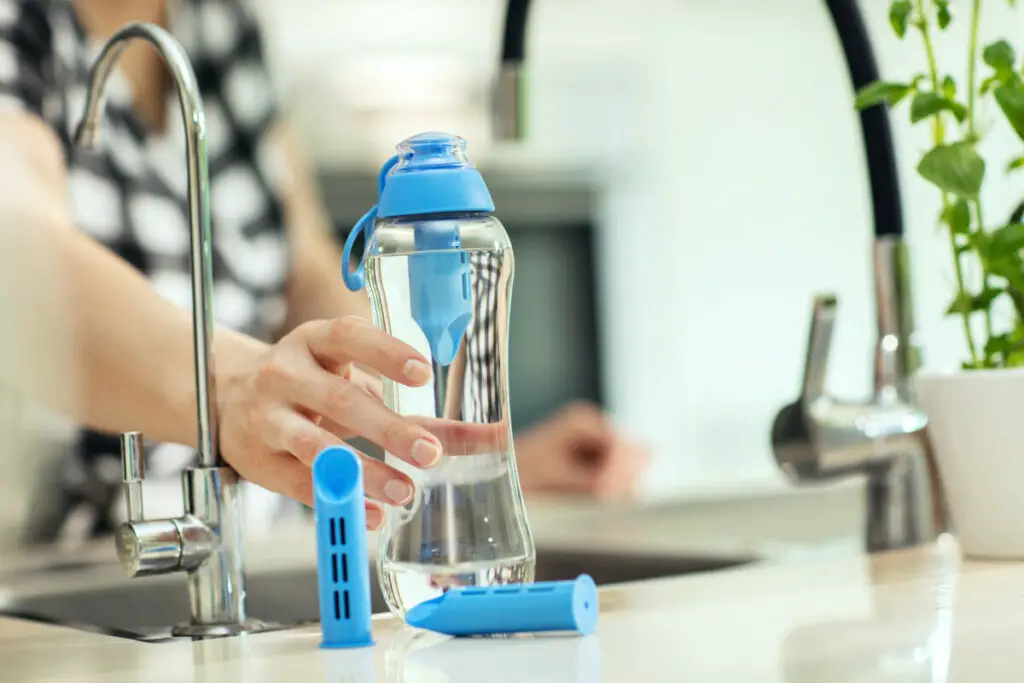
Performance Testing the Water
Two key ways to measure the quality of filtered water are to conduct a full performance test or to conduct a post-treatment test.
A full performance test is when someone orders two tests: one to test the water before filtration, and another to test the water after filtration. A full-performance test evaluates the effectiveness of a filter by comparing the contaminant levels in the water before and after filtration. Hopefully, no new contaminants will emerge in the treated water after it is filtered.
A post-treatment test analyzes the water after it has traveled through the water filter. This type of test judges the quality of filtered water to determine if the water is safe to drink. Post-treatment tests only need one water test and are less expensive than full-performance tests.
It is important to note that the full performance test is the only type of test that will evaluate the effectiveness of the water filter. The post-treatment test will not report on the effectiveness of the filter and will only report on whether the water is safe to drink or not. When performing either test, try to send in the water samples to an accredited water testing laboratory and pick a water testing package that makes sense for your needs.


